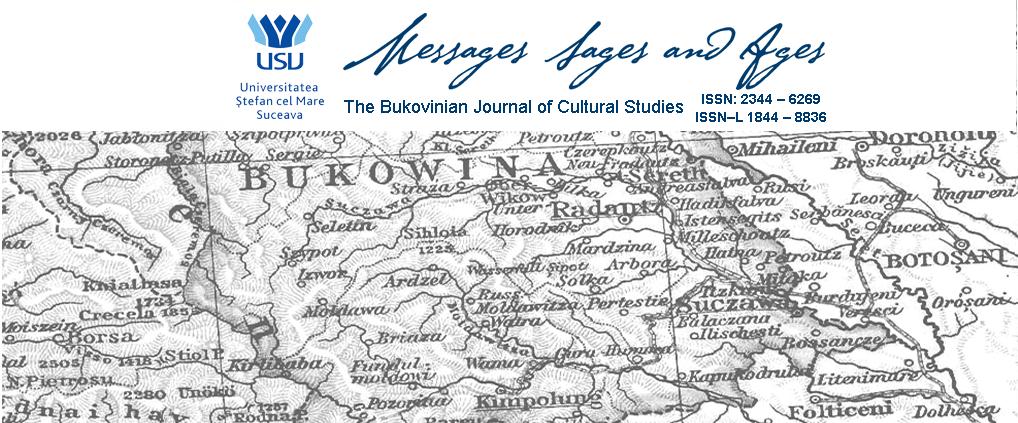As we are starting the third decade of the 21st century, there are some cultural shifts in our current condition. The forces that once drove postmodernism seem to be mutating and diminished. Whether it is a matter of mutation or a decisive break with postmodernism, ours is a new global era. The major common feature of the literary tendencies that writers have adopted today seems to be the questioning and shift of the paradigm of postmodernism’s cultural logic. Approaching to postmodernism from one of those reactive and oppositional strands, some contemporary writers such as Latife Tekin (1957- ) and Jenni Fagan (1977- ) tend to have a renewed engagement with realism. Because some longstanding socioeconomic problems still linger in all around the world, recently the representations of these socioeconomic problems have started to re-appear in the world literature. These writers’ return to realism can be explained as one of the tendencies that proclaims to be postmodernism’s successor. Studying Tekin’s Manves City (2018) and Fagan’s The Panopticon (2012), this paper aims to show Tekin and Fagan’s similar and/or different configurations of what can be called as after modernism or post postmodernism. The paper will explore how the novels have construed the self and space in contemporary working-class life and engaged with the real-world problems of individuals and communities who have experienced extensive degrees of destabilization, poverty, and unemployment.
Hilal Kaya
Author
Dr Hilal Kaya is a Teaching Fellow in School of Foreign Languages at Ankara Yıldırım Beyazıt University, Turkey. Currently, she is also a Visiting Teaching Fellow and Visiting Scholar at the University of Edinburgh, UK. She has contributed essays on British and Turkish literature to various edited collections and journals.
